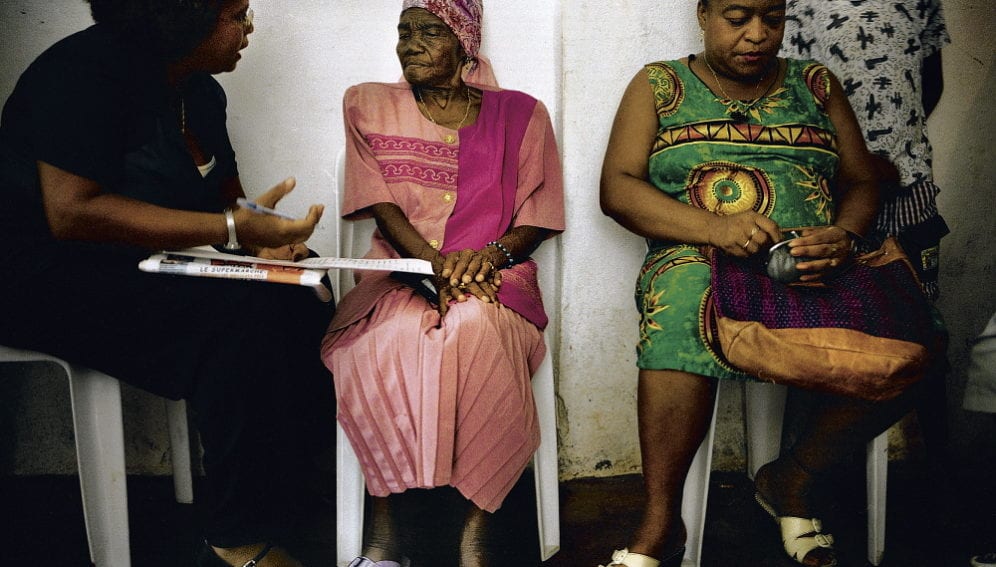Send to a friend
The details you provide on this page will not be used to send unsolicited email, and will not be sold to a 3rd party. See privacy policy.
A lack of international support for research and innovation in small island developing states (SIDS) is holding back development agendas, government ministers from Mauritius and the Seychelles have told SciDev.Net.
Both governments plan to highlight the issue at the upcoming UN summit in Apia, Samoa, (1-4 September), the Third International Conference on Small Island Developing States. Final preparatory work for the Conference including finalising the outcome document, which has been criticised for lacking science, is under way this week (23-27 June) at the UN headquarters, in New York.
Often described as SIDS “success stories”, Mauritius and the Seychelles have spearheaded innovative education, health and environment programmes that have resulted in both countries meeting most of their development goals, says Isolina Boto, head of the Brussels office of the Technical Centre for Agricultural and Rural Cooperation, a joint institution of the African, Caribbean and Pacific Group of States and the European Union.
But further progress is being stalled by a lack of international support for SIDS-based research to inform policies on issues such as climate change adaptation, according to Rolph Payet, environment and energy minister for the Seychelles.
“Strengthening tertiary education and research capacity for universities in SIDS should be a big priority.”
Rolph Payet, Seychelles
Since the Seychelles established its first university in 2009, research initiatives have been stymied by a lack of opportunities for international collaboration, says Payet, who is also the university’s president. He adds that funding for research in SIDS has been hard-hit by the global economic crisis.
“When it comes to climate change, we need good science and today all the good science is done in developed countries,” he says. “Strengthening tertiary education and research capacity for universities in SIDS should be a big priority for the next conference because of the implications for better decision-making, planning and investments, which will be critical for the future.”
The lack of a global research agenda that meets the needs of SIDS has contributed to a technology vacuum, according to Arvin Boolell, foreign minister for Mauritius. Innovations in key areas such as energy and waste management are often ill-suited to small-island scales, he says.
Currently, SIDS “have to figure out how to adapt technologies incubated in centres of innovation in the developed world rather than having support to develop their own innovations, which would be better suited to their development needs to begin with,” he adds.
And the agricultural challenges facing SIDS are often neglected by international research centres such as the CGIAR partnership, says Boto, explaining that small-island agriculture is particularly vulnerable to the types of disasters that climate change is forecast to make more frequent, as shown by the near-total destruction of Grenada’s agricultural system by a hurricane in 2004.
“A very small part of international agricultural research [effort] goes to small islands — really very little,” says Boto. “There needs to be more research and more understanding from international research centres on the particular vulnerabilities of SIDS.”
Future progress will also depend on ensuring sustainable management of the vast ocean spaces encompassing SIDS, according to Payet, who is working with international counterparts to establish a Sustainable Development Goal for the ocean in the run-up to the Samoan conference.
Oceans must be at the forefront of SIDS research agendas, agrees Boolell, who will be advocating at the conference for the establishment of an “enhanced ocean observatory”.
“The next frontier of development for SIDS is the oceans, which will be the key to food, energy and water security, and fuel innovation,” he says.














